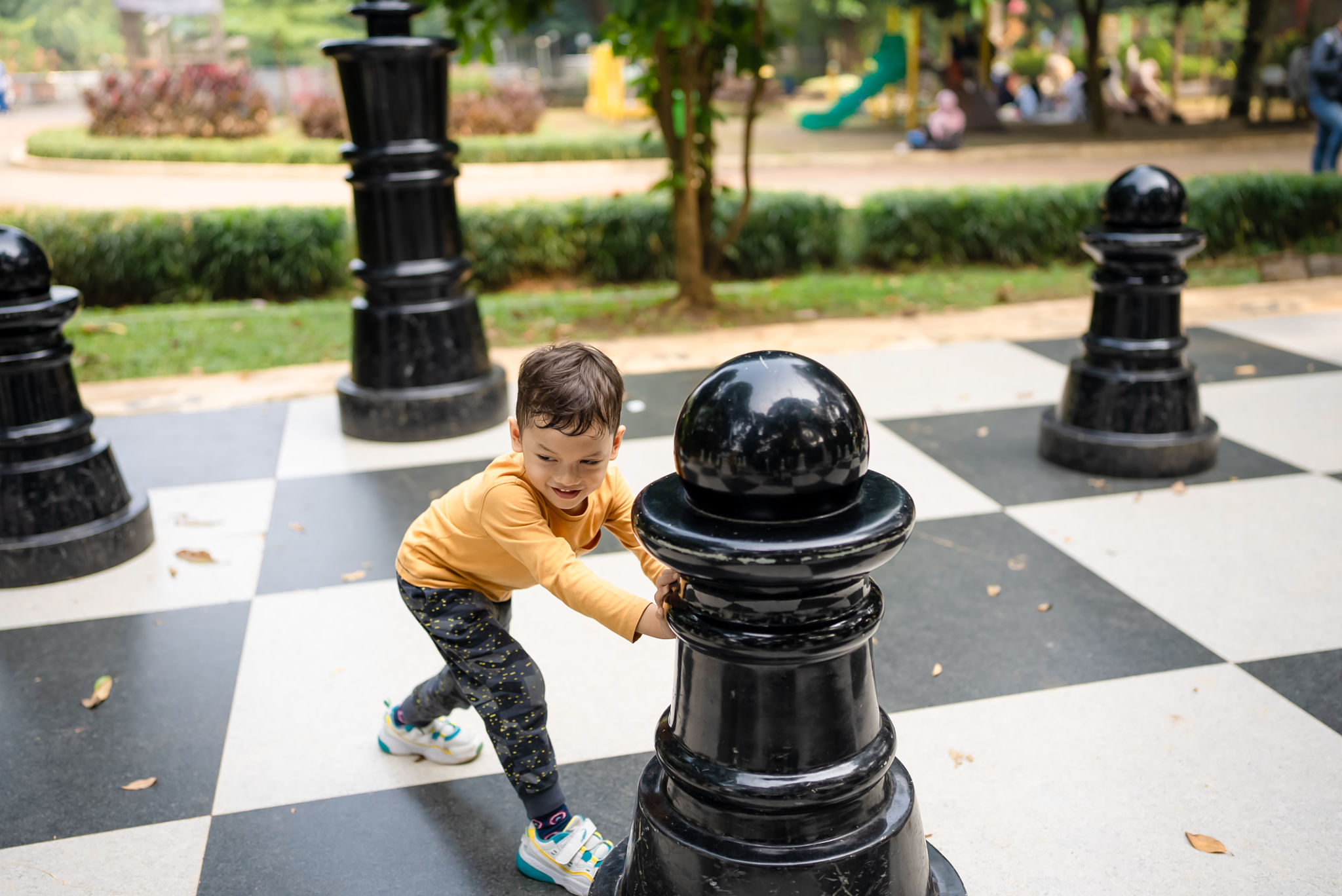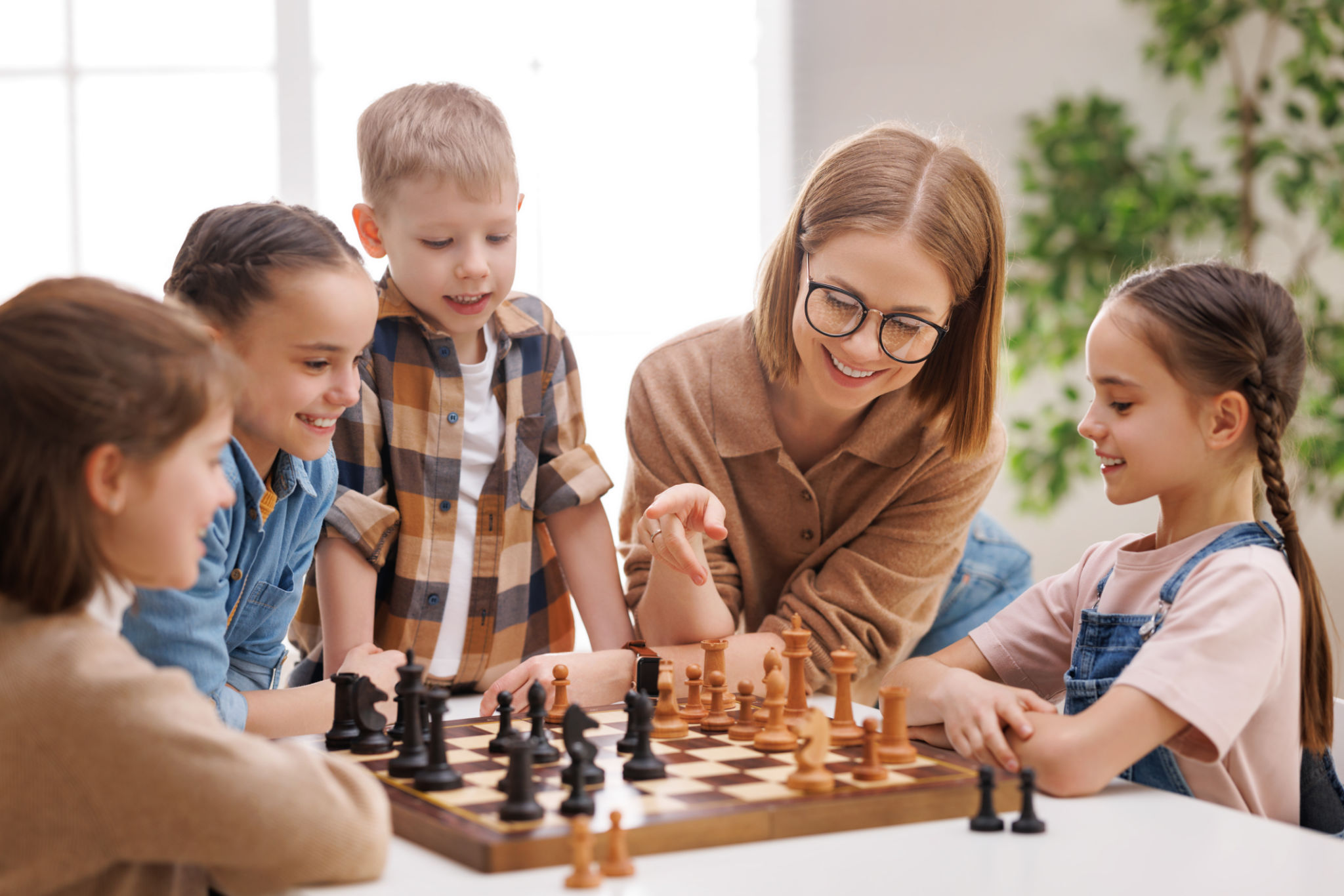Chess Tutoring for Kids: Making Learning Fun and Effective
The Importance of Chess Tutoring for Kids
Chess is more than just a game; it's a tool for enhancing critical thinking, problem-solving skills, and strategic planning. Introducing kids to chess can open up a world of cognitive and academic benefits. By engaging in chess tutoring, children can develop these skills in a structured and enjoyable way, fostering a love for learning that extends beyond the chessboard.

Making Chess Fun and Engaging
One of the keys to successful chess tutoring for kids is ensuring that the learning process is both fun and engaging. Tutors can incorporate various techniques to keep young learners interested, such as interactive games, puzzles, and challenges. This approach not only maintains their attention but also encourages them to think creatively and strategically.
Incorporating storytelling and thematic elements can also make chess more relatable and exciting. For example, tutors can create narratives around famous chess matches or historical figures, allowing children to immerse themselves in the world of chess through stories. This method can be particularly effective for younger children who thrive on imaginative play.
Developing Critical Skills Through Chess
Chess tutoring offers a unique opportunity for kids to develop a wide range of critical skills that are beneficial both inside and outside the classroom. Some of these skills include:
- Problem-solving: Chess challenges kids to think several steps ahead, considering possible outcomes and strategies.
- Critical thinking: Analyzing different moves and predicting consequences helps sharpen analytical skills.
- Patience and concentration: Long games require focus and the ability to stay calm under pressure.

Incorporating Technology into Chess Tutoring
Modern technology offers a plethora of tools that can enhance the chess tutoring experience. Interactive chess software and apps allow kids to practice their skills at their own pace, offering instant feedback and hints. These digital resources can be a valuable supplement to traditional tutoring methods, providing a dynamic and flexible learning environment.
Additionally, participating in online chess communities or tournaments can give children a sense of achievement and motivation. Competing with peers from around the world can broaden their horizons and further develop their competitive spirit and sportsmanship.
Finding the Right Chess Tutor
Choosing the right chess tutor is crucial for a child's development and interest in the game. Look for tutors who not only have expertise in chess but also possess a talent for teaching and engaging with children. A good tutor will adapt their teaching style to meet the individual needs and learning pace of each student.

Parents should also consider tutors who focus on building a positive and encouraging learning environment. This can help children feel more confident and motivated to take on new challenges in chess and beyond.
Encouraging Continued Interest in Chess
Beyond tutoring, encouraging a child's continued interest in chess can be achieved by fostering a supportive environment at home. Parents can play casual games with their children, watch chess tournaments together, or even participate in family chess clubs. These activities can strengthen family bonds while nurturing a lifelong passion for chess.